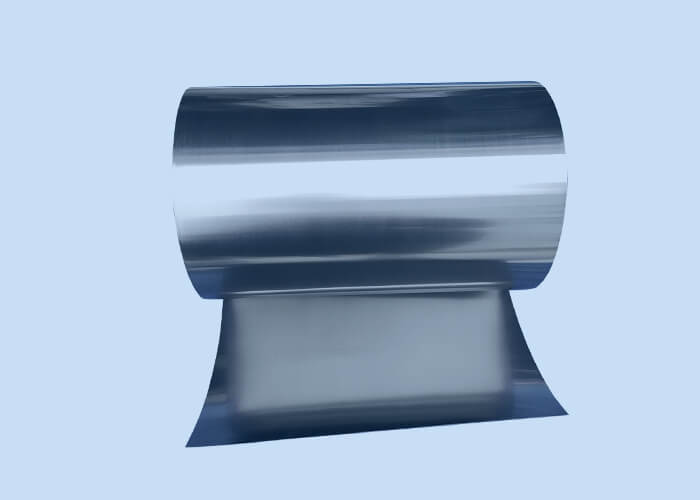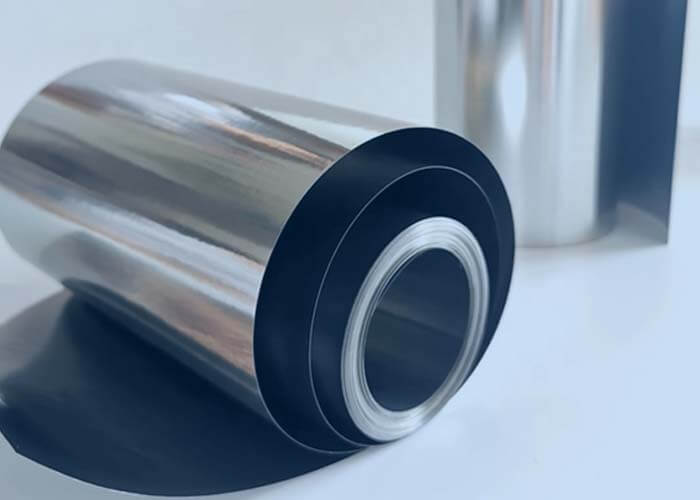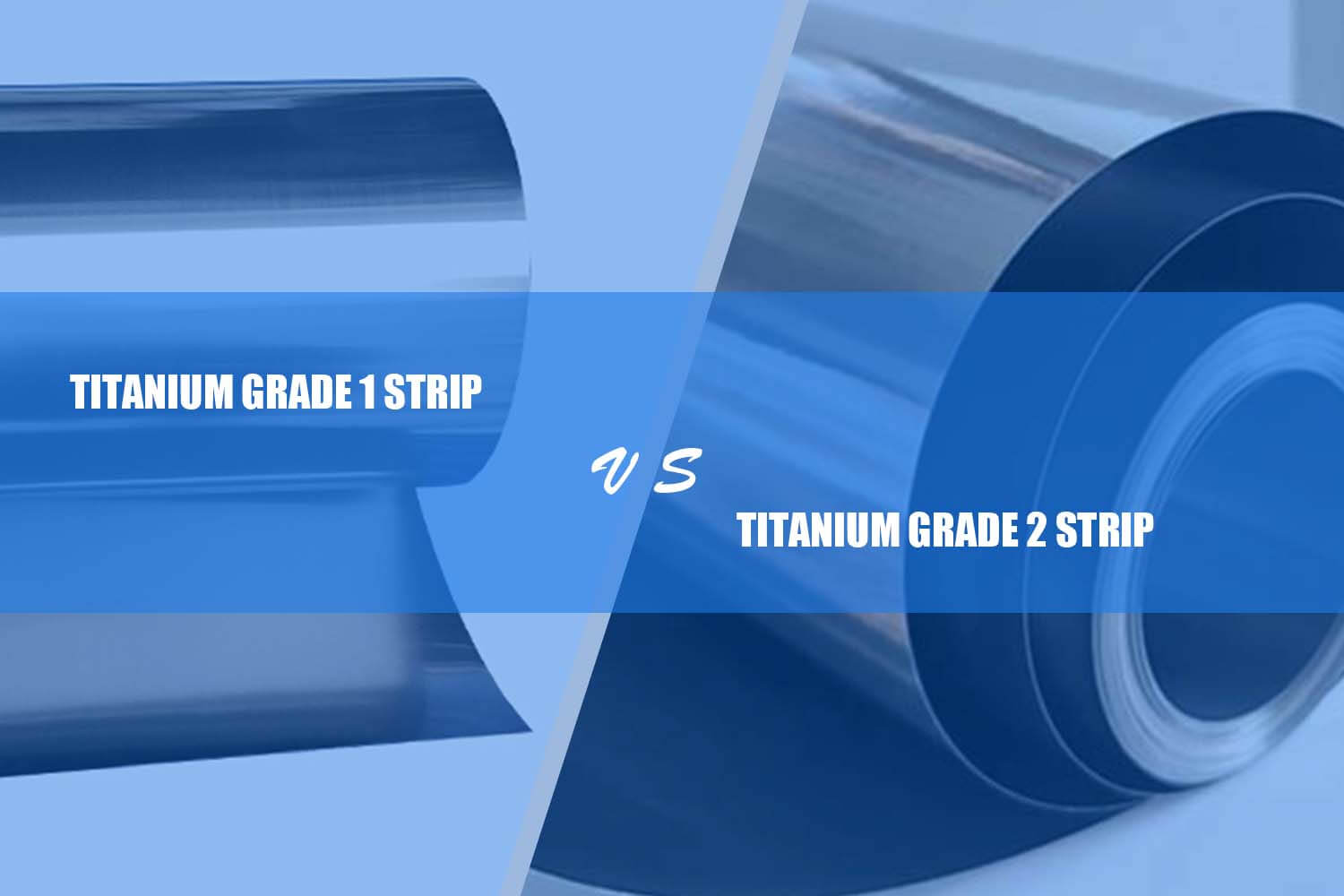Titanium grade 1 strip and grade 2 titanium strip are the two most popular grades of titanium strips.
It’s important to know the difference if you need to choose an appropriate material for your project.
However, only 10% of total titanium production is considered grade 1. Let’s take a closer look at what this means and choose the right material for your application.
Let’s keep reading.
What is Titanium Grade 1 Strip?

Gr1 titanium strips are pure titanium strips.
Pure titanium (Gr1) is a kind of unalloyed titanium with the lowest strength in all kinds of titanium alloys.
Pure titanium strips with high corrosion resistance, good weldability and high toughness, they are widely used in industry and medicine.
Gr1 titanium strips performance:
1. Corrosion resistance: Titanium has excellent corrosion resistance in a variety of chemical media such as acid and alkali. The general corrosion resistance of titanium strip is intermediate between stainless steel strips and nickel alloys strips, but its corrosion resistance to specific chemical medium is superior to that of stainless steel and nickel alloy.
2. High strength
3. Excellent wear resistance
4. High heat transfer performance
5. Good formability
6. Light weight
What is Titanium Grade 2 Strip?

Titanium Grade 2 strips, are also known as UNS R50400 strips.
they are the most often used titanium grade, and are utilized in a wide range of applications. This unalloyed titanium grade has superior corrosion resistance and high strength. Titanium Grade 2 also has excellent weldability and fabricability.
Titanium Grade 2 strips are the most commercially pure alloy of all the grades and is often used in Aerospace, Medical, Marine and Chemical Processing applications.
Titanium Grade 1 Strip vs. Titanium Grade 2 Strip
Chemical Composition
| Grade 1 Titanium Strips Chemical Compositions | |||||||||||
| Grade | N(≤) | C(≤) | H(≤) | Fe(≤) | O(≤) | Al(≤) | V(≤) | Pd(≤) | Mo(≤) | Ni(≤) | Ti |
| GR1 | 0.03 | 0.08 | 0.015 | 0.2 | 0.18 | / | / | / | / | / | bal |
| Titanium Grade 2 Strips Chemical Compositions | |||||||||||
| Grade | N(≤) | C(≤) | H(≤) | Fe(≤) | O(≤) | Al(≤) | V(≤) | Pd(≤) | Mo(≤) | Ni(≤) | Ti |
| GR2 | 0.03 | 0.08 | 0.015 | 0.3 | 0.25 | / | / | / | / | / | bal |
Mechanical Properties
Titanium Grade 1 Strip Mechanical Properties
| ASTM B265 Grade 1 Titanium Strips Mechanical Properties | |||||
| Grade | Tensil Strength(≥) | Yeild Strength(≥) | Elongation(≥)% | ||
| ksi | Mpa | ksi | Mpa | ||
| GR1 | 35 | 240 | 20 | 138 | 24 |
Titanium Grade 2 Strip Mechanical Properties
| Grade 2 Titanium Strips Mechanical Properties | |||||
| Grade | Tensil strength(≥) | Yeild strength(≥) | Elongation(≥)% | ||
| ksi | Mpa | ksi | Mpa | ||
| GR2 | 50 | 345 | 40 | 275 | 20 |
Applications
What Is Titanium Grade 1 Strip Used For?
- Heat exchangers and condensers
- Offshore aquaculture
- Chemical Industry
- Electroplating equipment
- Precision instruments
- Environmental protection equipment
- Navigation
- Aerospace
- Auto industry
- Medical and Sports industry
- Electric power industry
- Seawater desalination industry
What Is Titanium Grade 2 Strip Used For?
As we all know, titanium strip has high corrosion resistance, heat resistance, low temperature resistance and good mechanical properties. Titanium grade 2 strip is widely used in chemical, petroleum, light industry, metallurgy, shipbuilding, aerospace and other fields.












